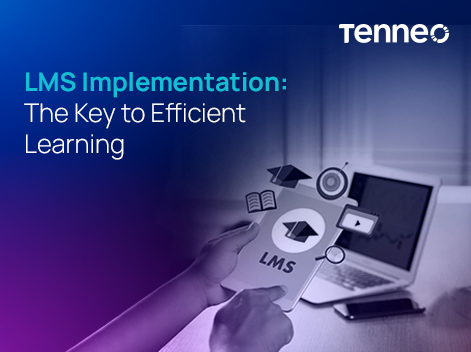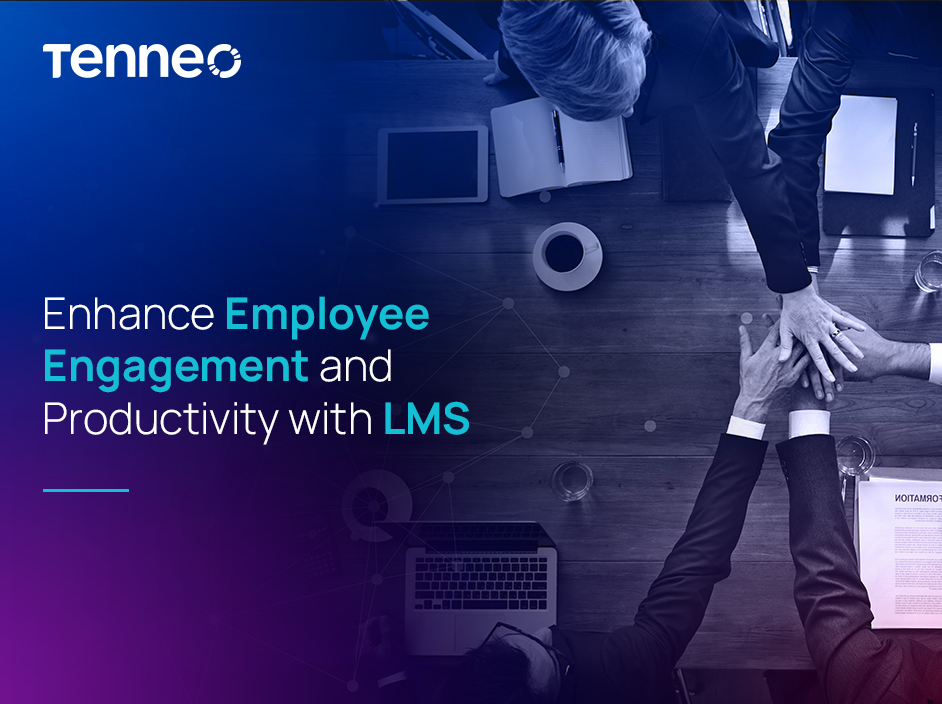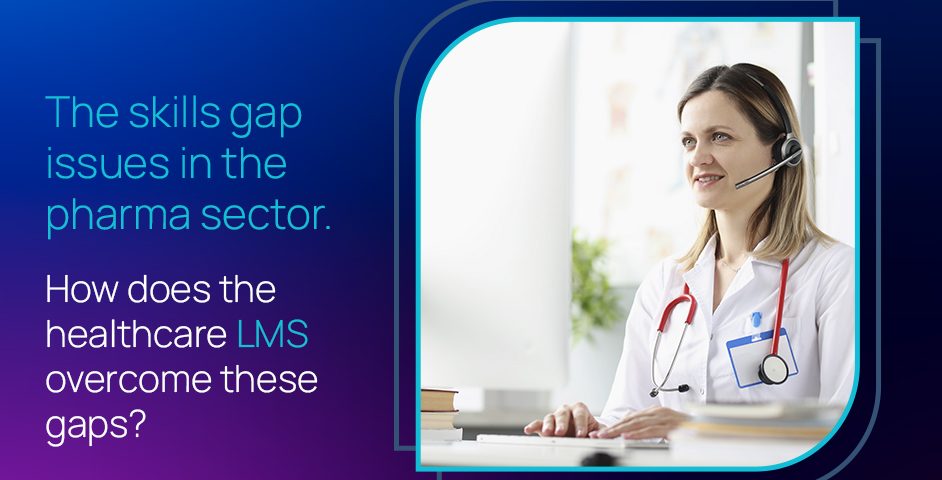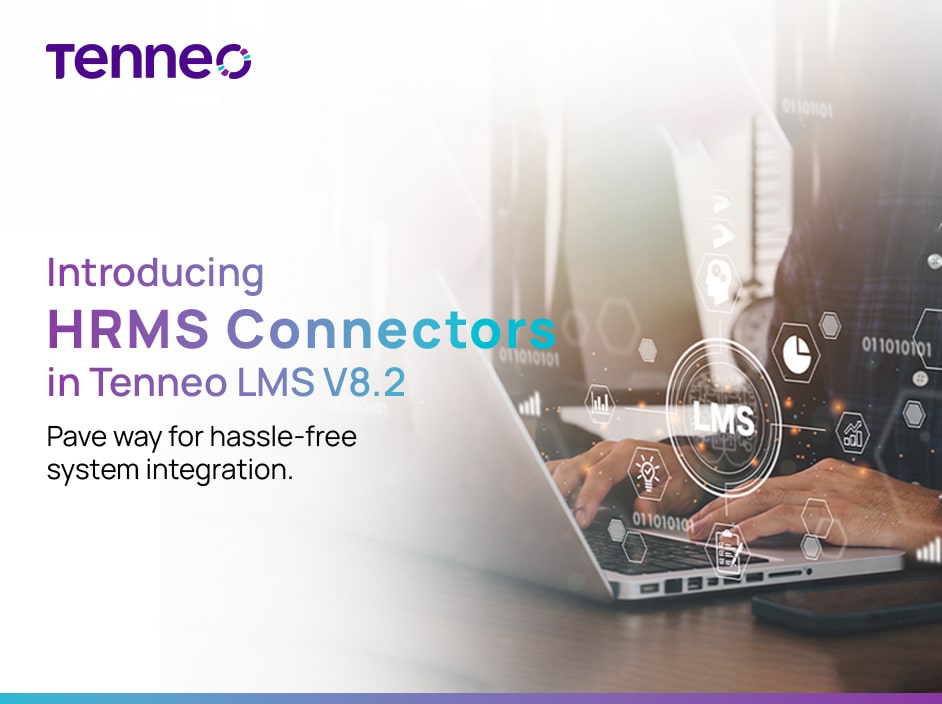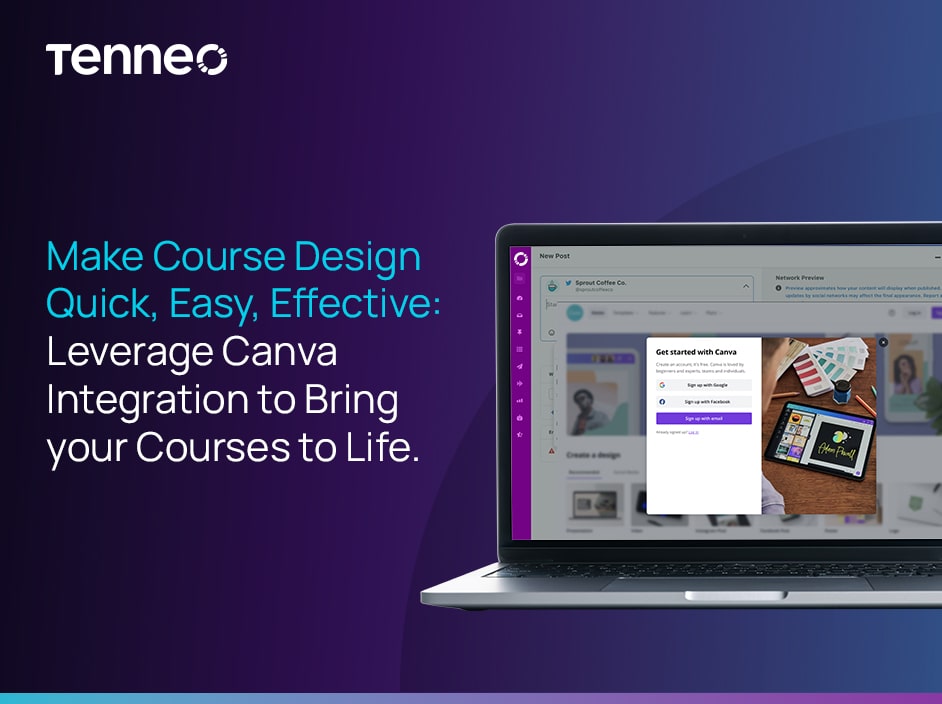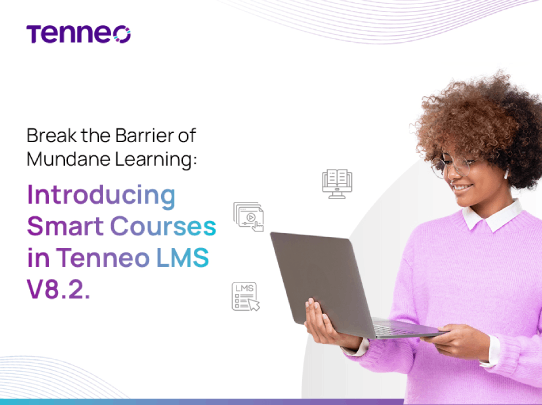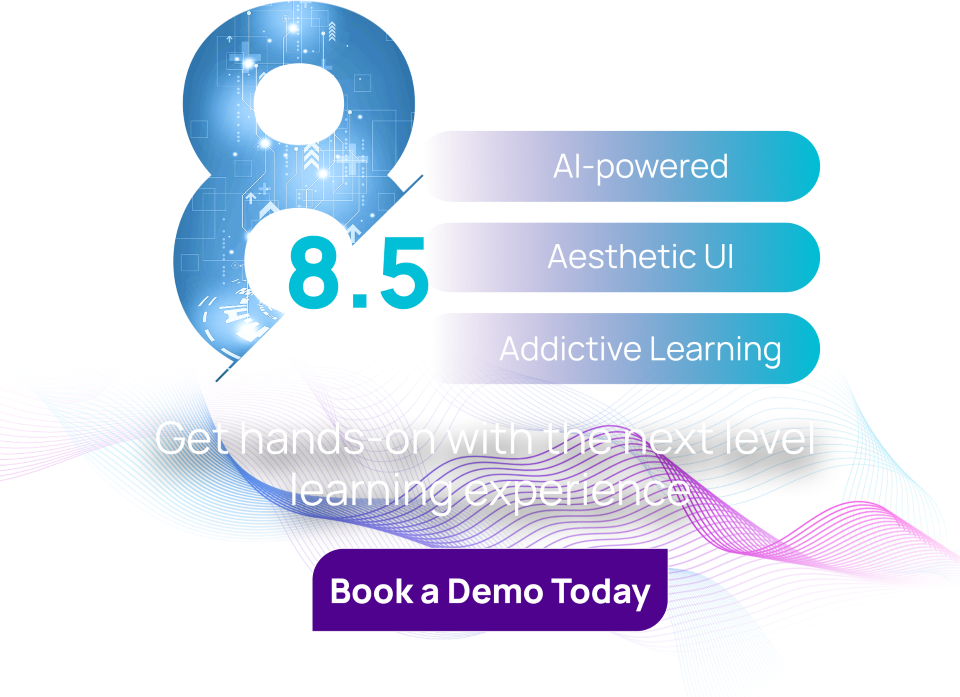Industries across the globe are experiencing a rise in the skill gap issues within their workforce. The business leaders associated are trying to be one step ahead to overcome the issue of the skill gaps. However, post-pandemic, the non-continuity of conducting the classroom sessions has even increased the skill gap rate and created an alert for the leadership team to fulfill these gaps. Healthcare companies are not left behind in facing these issues and a lack of skills is hurting the performance across all levels.
The global healthcare industry is on the path of continuous growth and new-age of precision medicines. The forecast predicts that by 2030, the pharmaceutical sector worldwide will grow by 160 percent however the lack of skilled medical staff is impacting all fields associated with the pharma sector and this can be observed as patients are receiving less than optimal experience, healthcare workers experiencing trouble in growing professionally, and non-adherence to compliance and regulatory norms. To overcome these issues, healthcare companies are implementing centralized digital learning platforms that enable their users to upskill quickly.
Let’s read more to understand the skill gap issues faced and the role of Healthcare LMS (learning management systems) to overcome them.
Issue of identifying the skill gaps within the employees
The very first step to fixing any issue is to determine the respective issue and its root cause. Similarly, healthcare companies need to identify what skills employees are missing, and accordingly, training can be assigned. A significant number of healthcare workers are lacking common skills however rest of them are related to strategy, program management, project management, and clinical trials. The healthcare LMS provides a solution with defined reports and dashboards to show data analysis with identifying the skill gaps among the professionals. The healthcare learning management system automatically assigns training and assessment to the targeted audience basis the rules added and that as a result, helps the users with upskilling and minimizing the skill gap.
Lack of personalized training based on learners’ need
Every employee’s learning style and level of expertise are unique, and so are their knowledge gaps. The non-personalization and inappropriate learning lead to these gaps. Customized learning plays an important role and it’s a vital aspect of a healthcare training program that upskills employees effectively.
The Healthcare LMS here provides insights with real-time data, helps in tracking learners’ performance & progress, and enables leadership with the data analysis to provide personalized and defined training as per individual needs. The learning platform helps with learners’ preferences via creating polls or surveys to know their choice of medium of learning such as video training or text-based training. The healthcare LMS derives the decision-making for the leadership team to decide whether to customize healthcare training or not. This way, supervisors/administrators make changes to users’ learning paths based on their individual personalized needs.
Providing a better onboarding experience and continuous learning environment
One of the key parameters leading to skills gaps is less engaging onboarding programs and unstructured personnel development programs. The healthcare LMS (learning management system) provides new hires with a standardized and structured onboarding program. The users can gain knowledge competitively and interactively. Healthcare LMS enables users with on-the-go learning via mobile usage and provides a 24/7 continuous learning environment.
Healthcare companies are responsible to narrow down current skills deficiencies and prevent new gaps from developing. Standardized and continuous training can easily help healthcare companies with achieving their goal of reducing the skills gaps within the medical staff. Once, these gaps are fulfilled with the learning, the employees feel more confident and motivated while serving their patients. The digital learning mechanism benefits the individual user with an alternative option to learn at ease and convenience. The systematic approach helps the companies with cost reduction, avoid non-compliance and create a pool of skilled workforce quickly.
We at Tenneo, have 20+ years of experience in handling industry-specific learning requirements. Our Healthcare LMS products are designed to incorporate best learning practices to enhance employee performance in the pharma industry. To know more about our product suite, contact us to connect with one of our experts.
